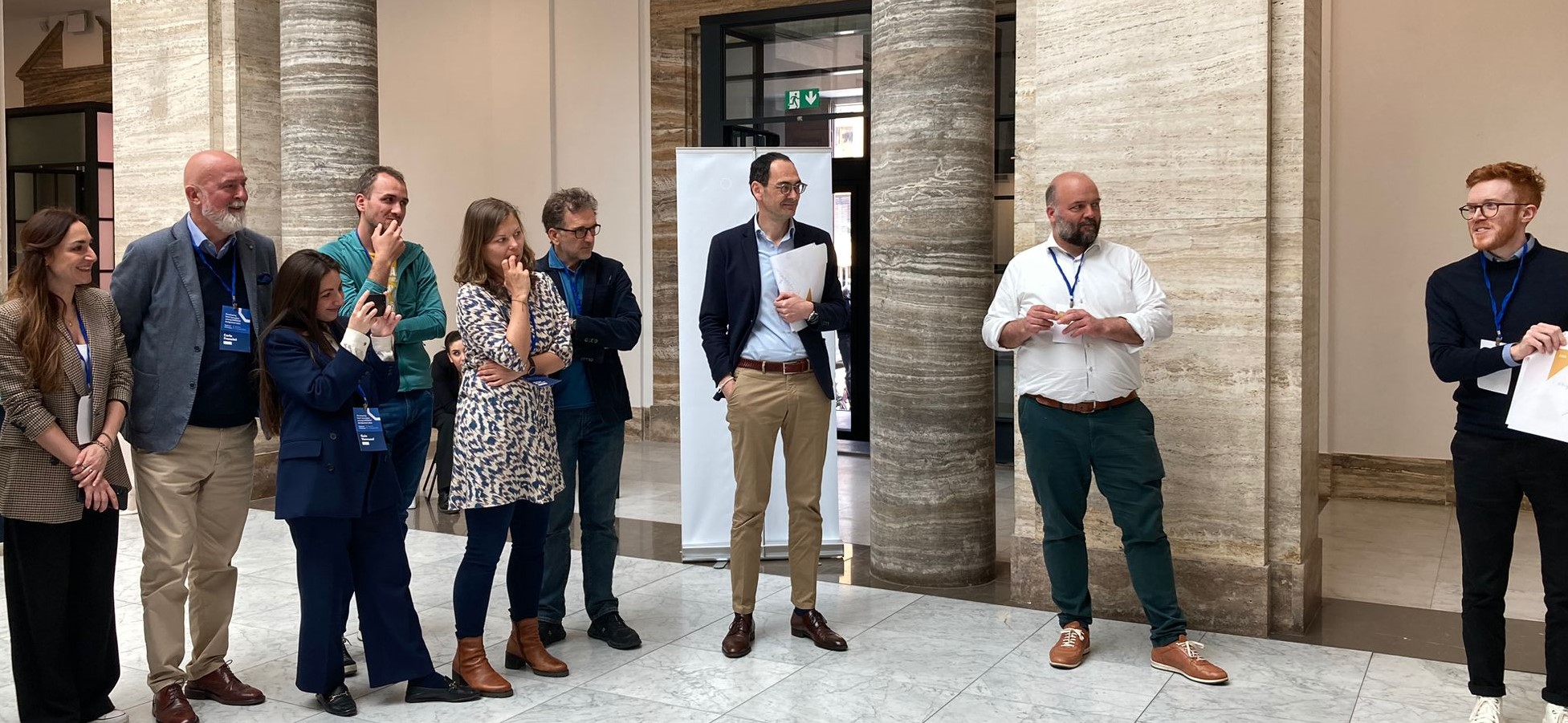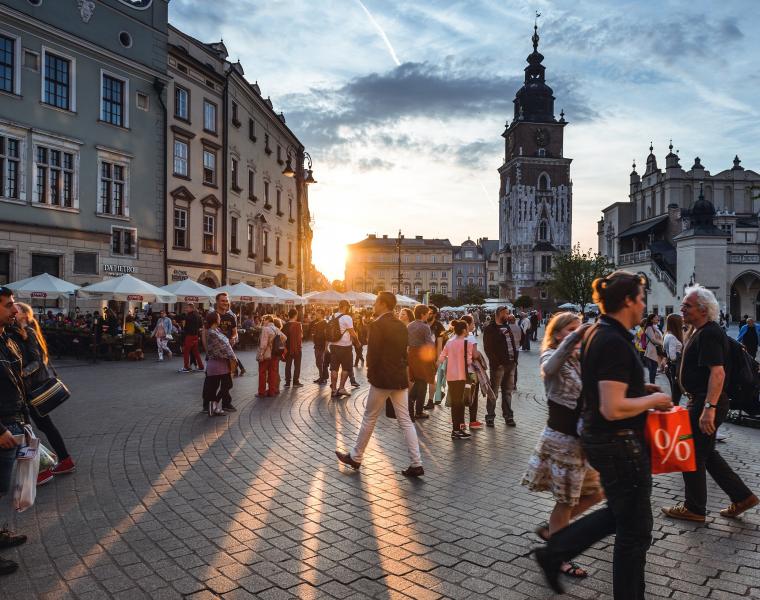Last week, I had the honour of hosting a workshop for UNESCO in Florence. The aim of the workshop was to provide methods that enable destination management and planning in such a way that tourism contributes positively to the local community and the preservation of cultural and natural heritage. Different stakeholders need to work together smartly for this.

Florence is a special city. There are few places on earth where so much extraordinary cultural heritage can be found together in a relatively small city. It requires a delicate balance to ensure that the millions of visitors from all over the world do not end up making the daily lives of the 360,000 ordinary residents impossible. In the news the same day, we saw locals in the Canary Islands protesting against the amount of tourists flooding the archipelago. A situation not unthinkable in cities like Florence either. At the same time, tourism is so economically important in places like this that far-reaching measures could cost some of the population their jobs or make it impossible to bear the cost of maintaining the unique local heritage.
So there is a balance that needs to be guarded in view of the broad prosperity of the (local) population. That broad prosperity is determined, among other things, by housing, nature, culture and social cohesion, but also by health, work and leisure and material prosperity. In a city like Florence, you notice that at times that balance is way off. Groups of tourists with tour guides crowd elderly people with groceries off the pavement. Students cannot find a room to study at one of the universities. Taxi drivers see their rents go up but their income decline as they have to wriggle through jumbles of tourists with their cars.
Yet this is not an unsolvable problem but it requires clear choices to be made. Together with residents, entrepreneurs and heritage experts, the capacity of the destination can be determined, where to sleep, where to enter the city and how many guests you can receive per attraction or museum. Amsterdam, for example, is making brave choices in this regard in the interests of local people. But in every place, those choices will be different.
Florence, as the birthplace of the Renaissance, has an incredible amount of heritage that as a whole has what UNESCO calls Outstanding Universal Value. Amsterdam's ring of canals, like the Wadden Sea, among others, has that same status. This means that its cultural and/or natural value is such that it transcends national boundaries and serves the common good of present and future generations. It is places like these that ensure that cultures learn to understand each other and thus contribute to peace, also because everyone instinctively understands that they must be preserved and protected for future generations. The only question is what sacrifice the current residents should and can make to that end. Continuing the conversation about this with all concerned is essential for the sake of sweet peace.
Bert Smit
Theme Manager Organisational capacity at CELTH & researcher at Breda University of Applied Sciences






